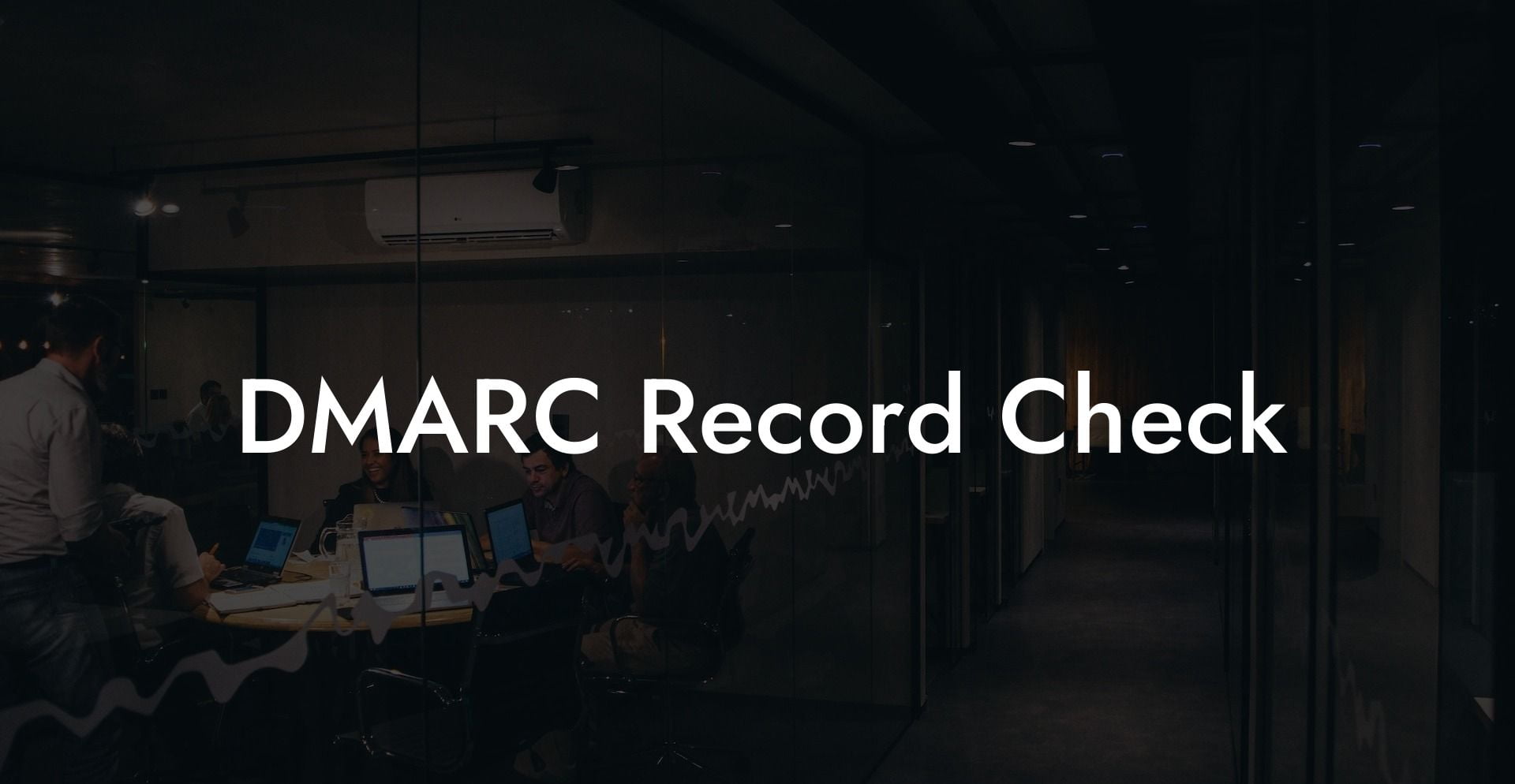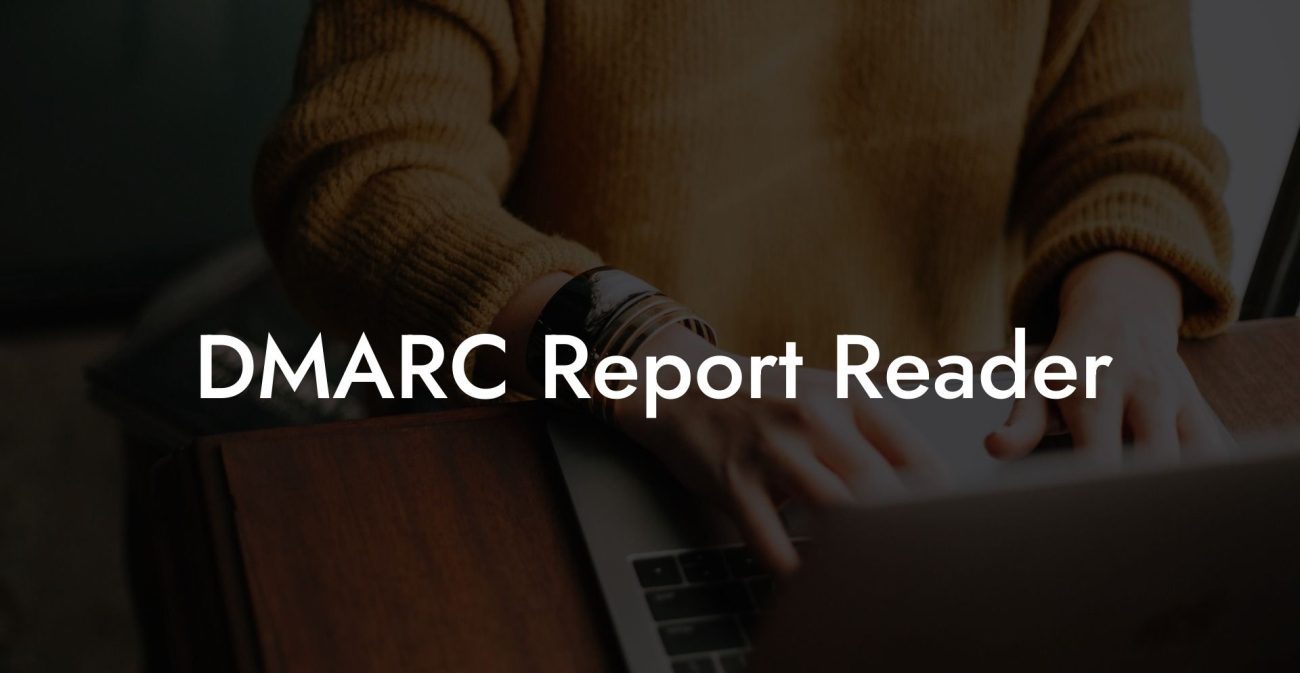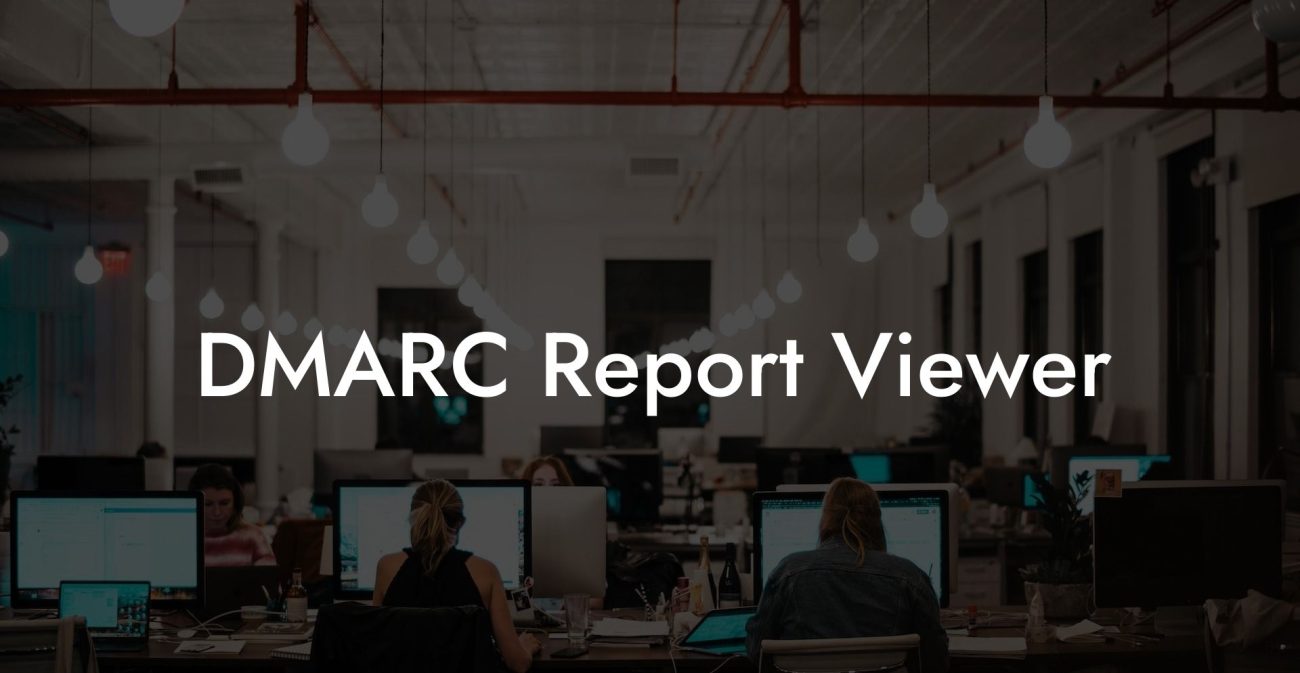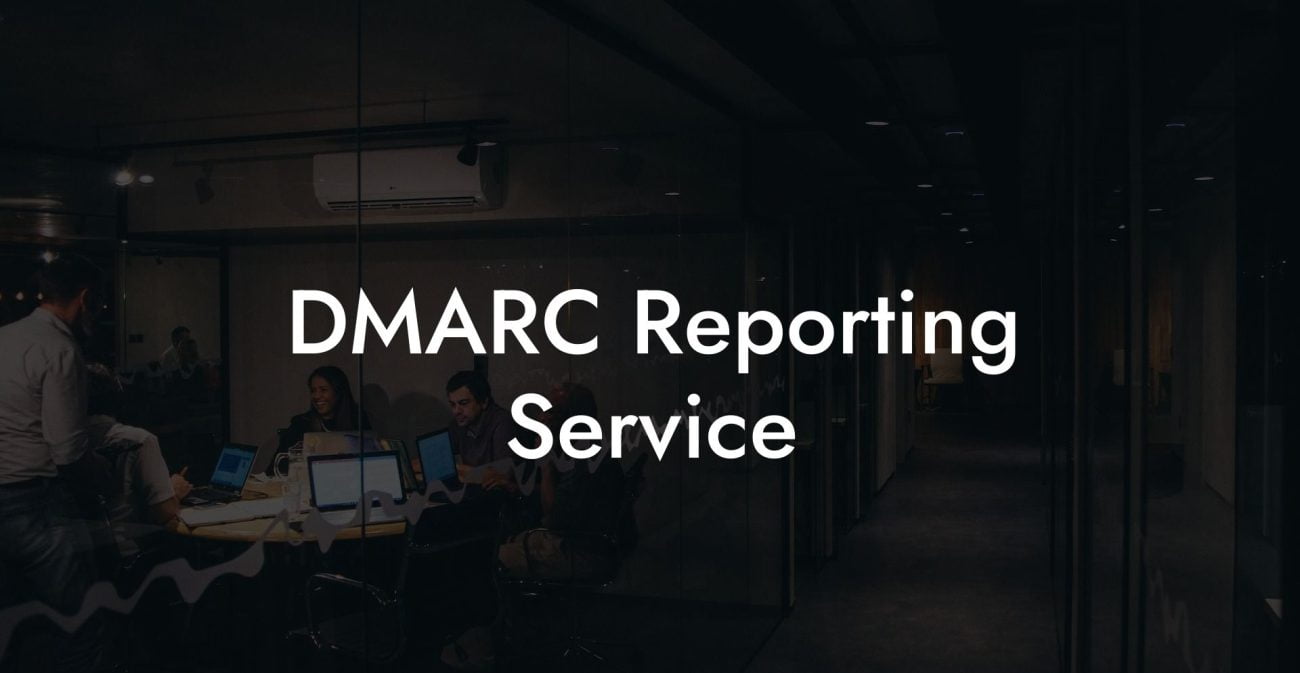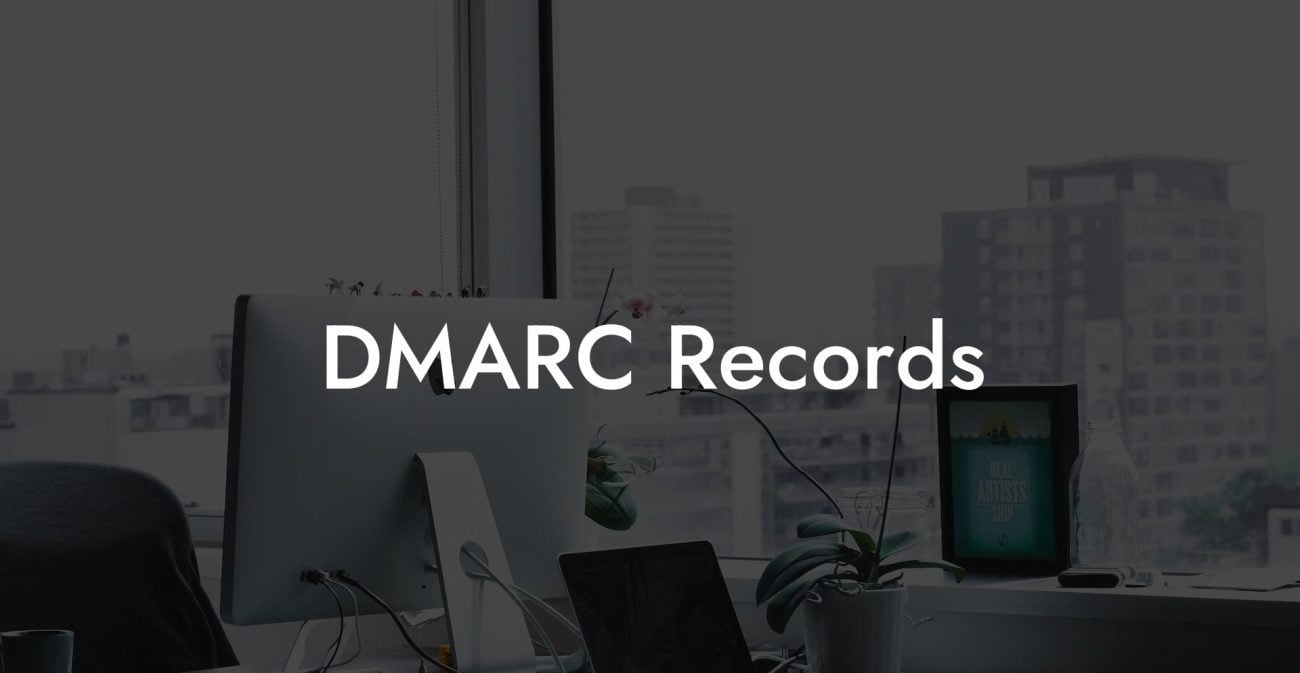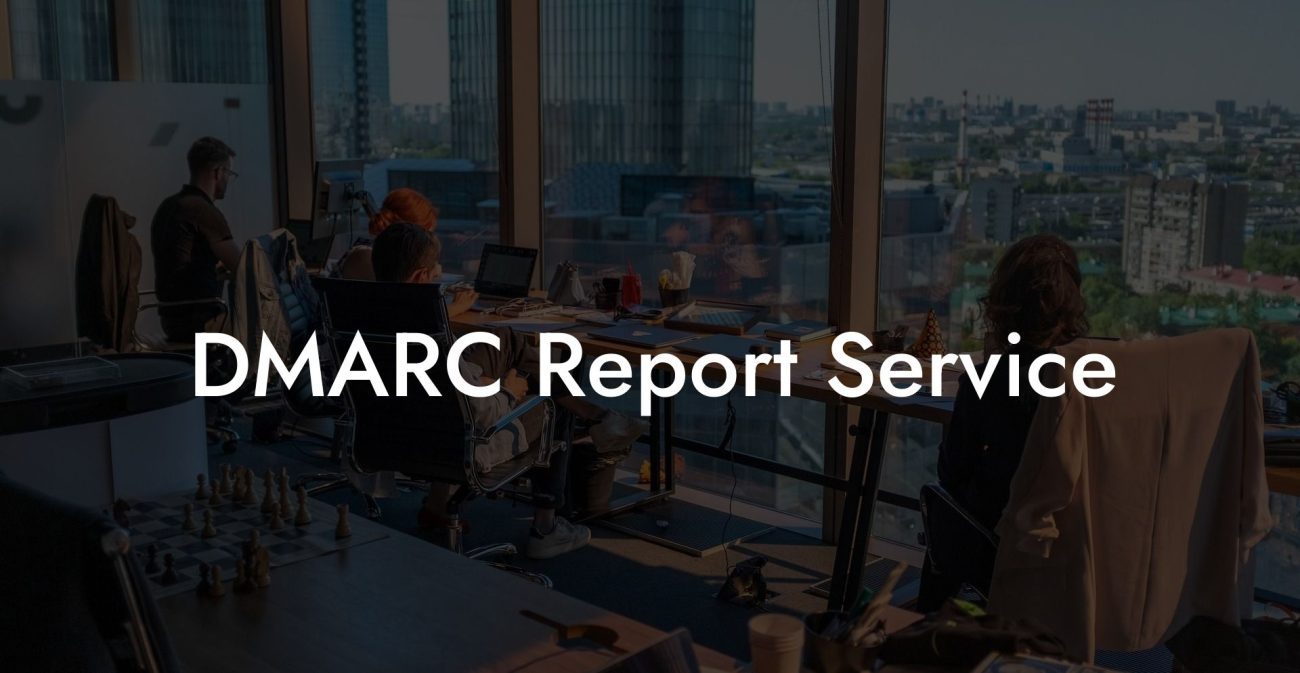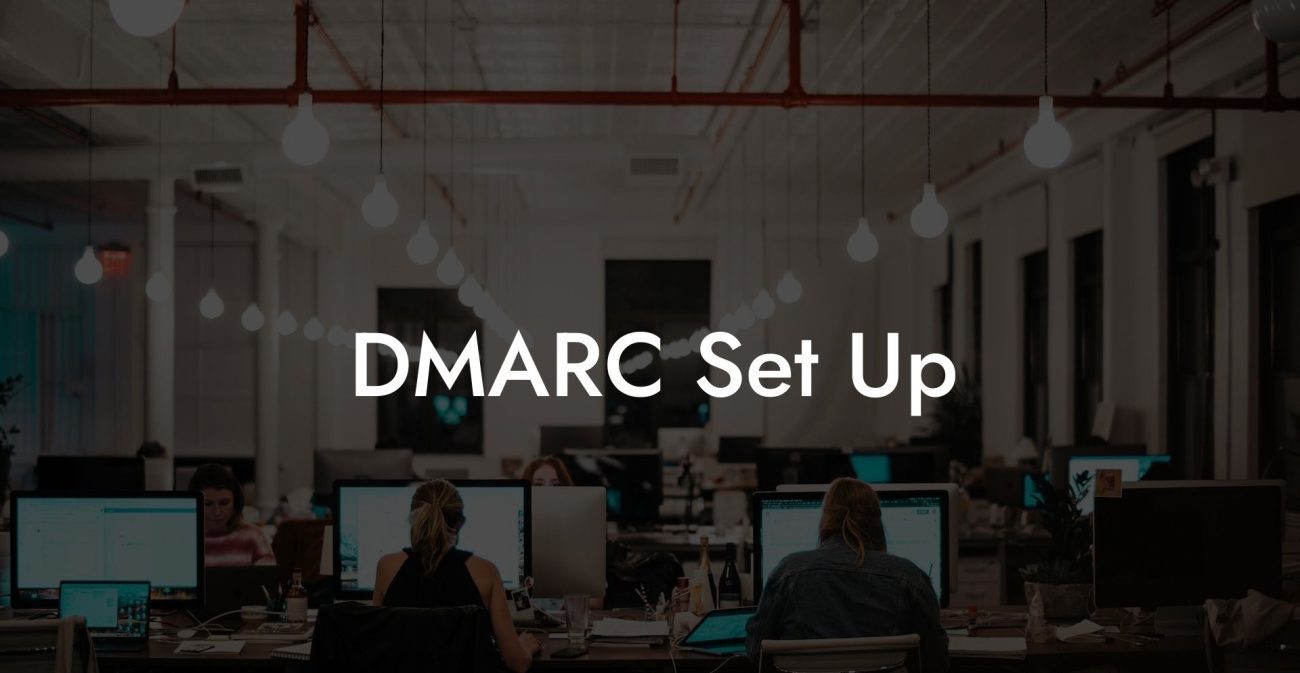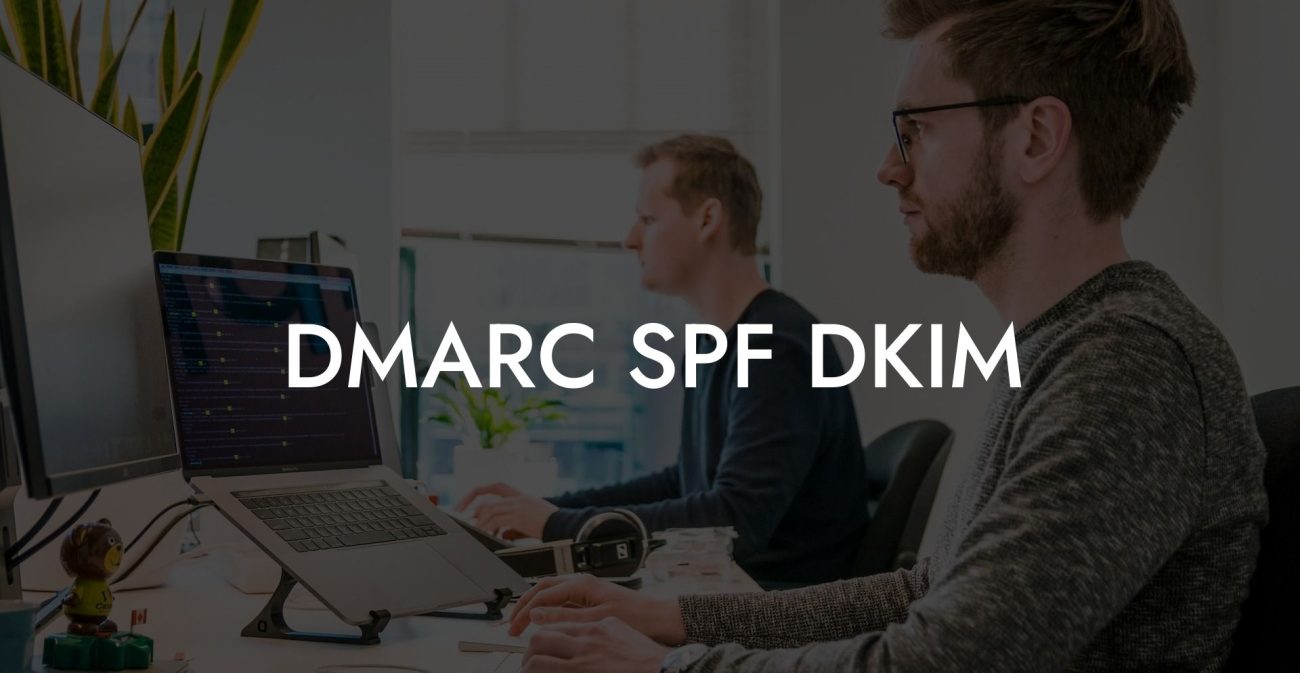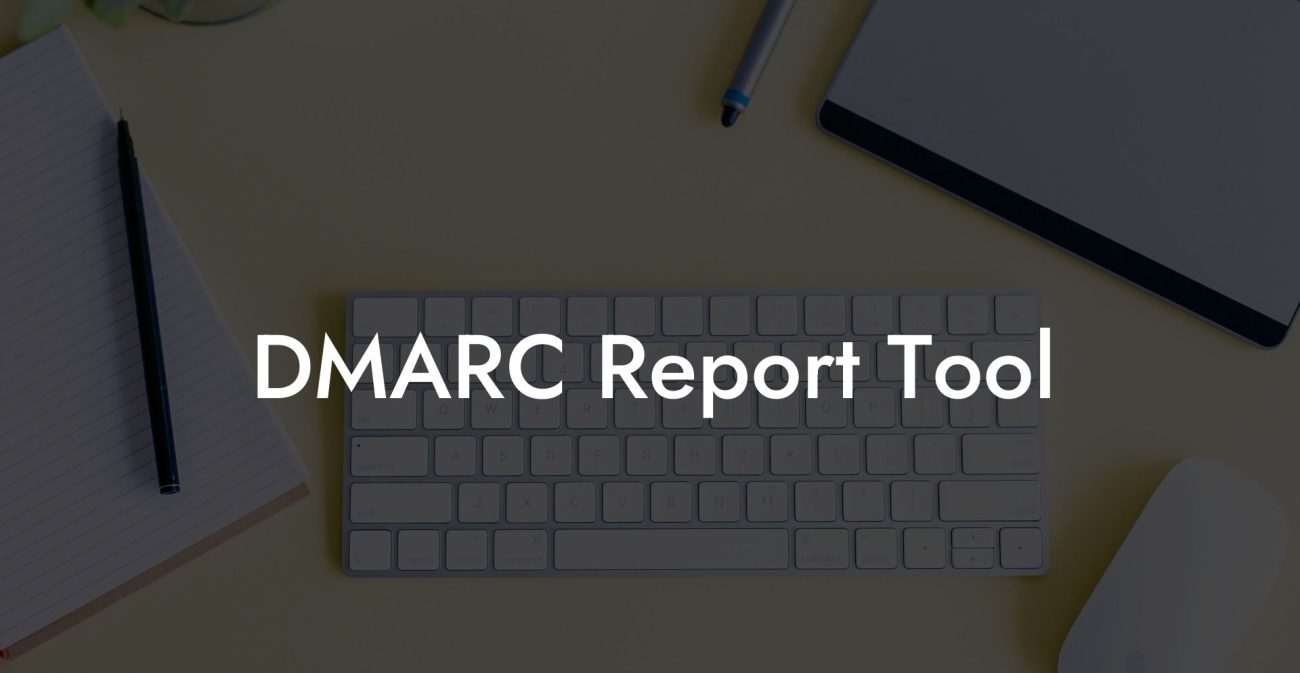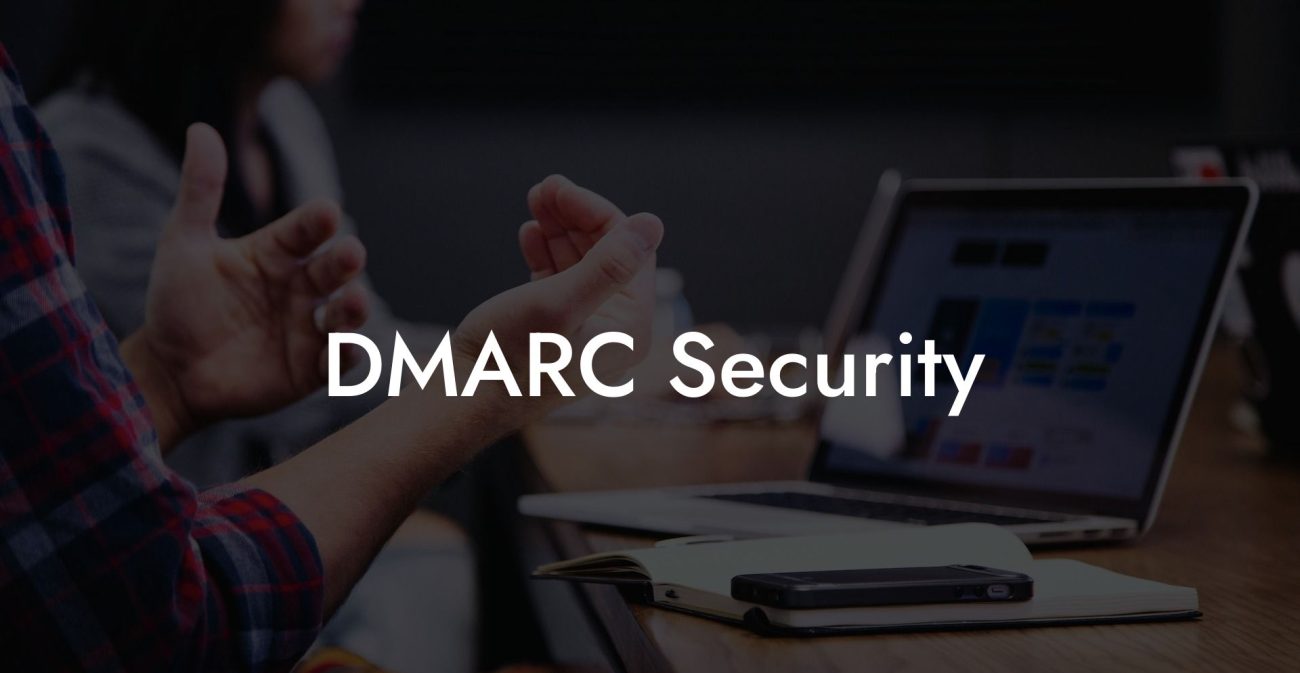Imagine this scenario: You receive an email from your bank requesting you to update your personal information. Unaware that the email could be a phishing attempt, you click on the provided link, leading to the compromise of your sensitive data. This is where DMARC records play a crucial role in preventing email phishing attacks. In this comprehensive guide on DMARC record check, we will help you understand the importance of DMARC, how it works, and the steps you can take to ensure your email domain stays protected.
What is DMARC?
Domain-based Message Authentication, Reporting, and Conformance (DMARC) is an email authentication protocol designed to protect your domain from spear phishing, spoofing, and other cyber threats. In simple terms, DMARC allows domain owners to specify how they want their emails to be handled by receivers if they fail authentication checks.
How DMARC Works
Protect Your Data Today With a Secure Password Manager. Our Top Password Managers:
DMARC relies on two primary authentication methods: Sender Policy Framework (SPF) and DomainKeys Identified Mail (DKIM). While SPF checks the envelope sender's authenticity, DKIM validates the content of the message by verifying digital signatures.
DMARC provides three policy options for domain owners:
1. None: Monitor and collect non-compliant emails without any action.
2. Quarantine: Treat non-compliant emails as suspicious and quarantine them in the spam or junk folder.
3. Reject: Reject non-compliant emails outright, preventing them from reaching the recipient.
Benefits of DMARC
- Prevent phishing attacks: By enforcing strict email authentication checks, DMARC can thwart phishing attacks that leverage your domain's reputation.
- Enhance email deliverability: DMARC-compliant emails are less likely to be flagged as spam, ensuring your legitimate emails reach their intended recipients.
- Gain visibility: DMARC generates reports that provide invaluable insight into your email domain's performance and ongoing security threats.
- Improve brand reputation: By safeguarding your domain from malicious activities, you can maintain your brand's trustworthiness in the eyes of your customers and partners.
- Regulatory compliance: Many industry regulations such as GDPR and HIPAA mandate email authentication to protect personal data. Implementing DMARC can help your organization adhere to these guidelines.
DMARC Record Check
To leverage DMARC's benefits, you must first publish a DMARC record in your domain's DNS records. The record contains the DMARC policies and the reporting address for non-compliant emails. Conducting a DMARC record check helps you ensure that your email domain is authenticating correctly and following the defined policies.
How to Perform a DMARC Record Check
To check your DMARC record, follow these steps:
- Use an online DMARC record lookup tool, such as MXToolbox, DMARC Inspector, or DMARC Analyzer.
- Enter your domain name in the search field and click "Lookup."
- Review the results for the presence of a DMARC record, its policies, and reporting configurations.
- If there are any issues or inconsistencies, you can update the DMARC record, or consult with your email service provider to fix the issues.
DMARC Record Check Example:
Suppose you own the domain "example.com" and wish to check its DMARC record. By using an online DMARC record lookup tool and entering your domain name, you would receive a result indicating whether a DMARC record is present and the specific policies in place. This information will provide insight into the way your emails are treated by receiving servers if authentication checks fail. To maintain compliance and security, you might need to adjust these policies or fix any issues discovered through the DMARC record check.
In conclusion, DMARC record checks are an essential step in safeguarding your domain from malicious activities and ensuring your emails are delivered effectively. Implementing DMARC and consistently reviewing your DMARC record will not only improve your email domain's security but will enhance your brand reputation and maintain trust among your customers and partners. Now that you understand the importance of DMARC, don't forget to share this guide on Voice Phishing and explore other topics to keep your cybersecurity knowledge up-to-date!
Protect Your Data Today With a Secure Password Manager. Our Top Password Managers:

